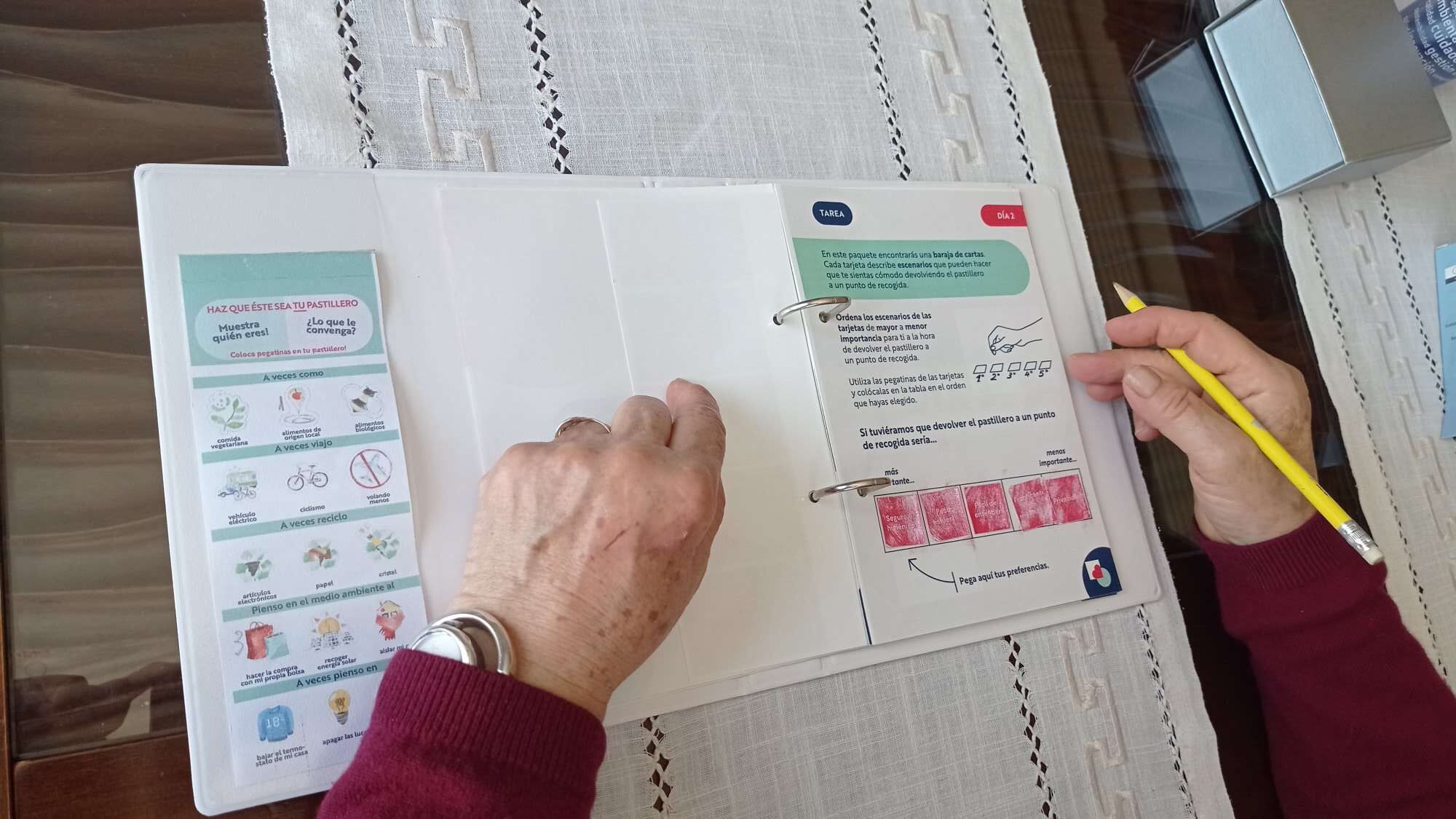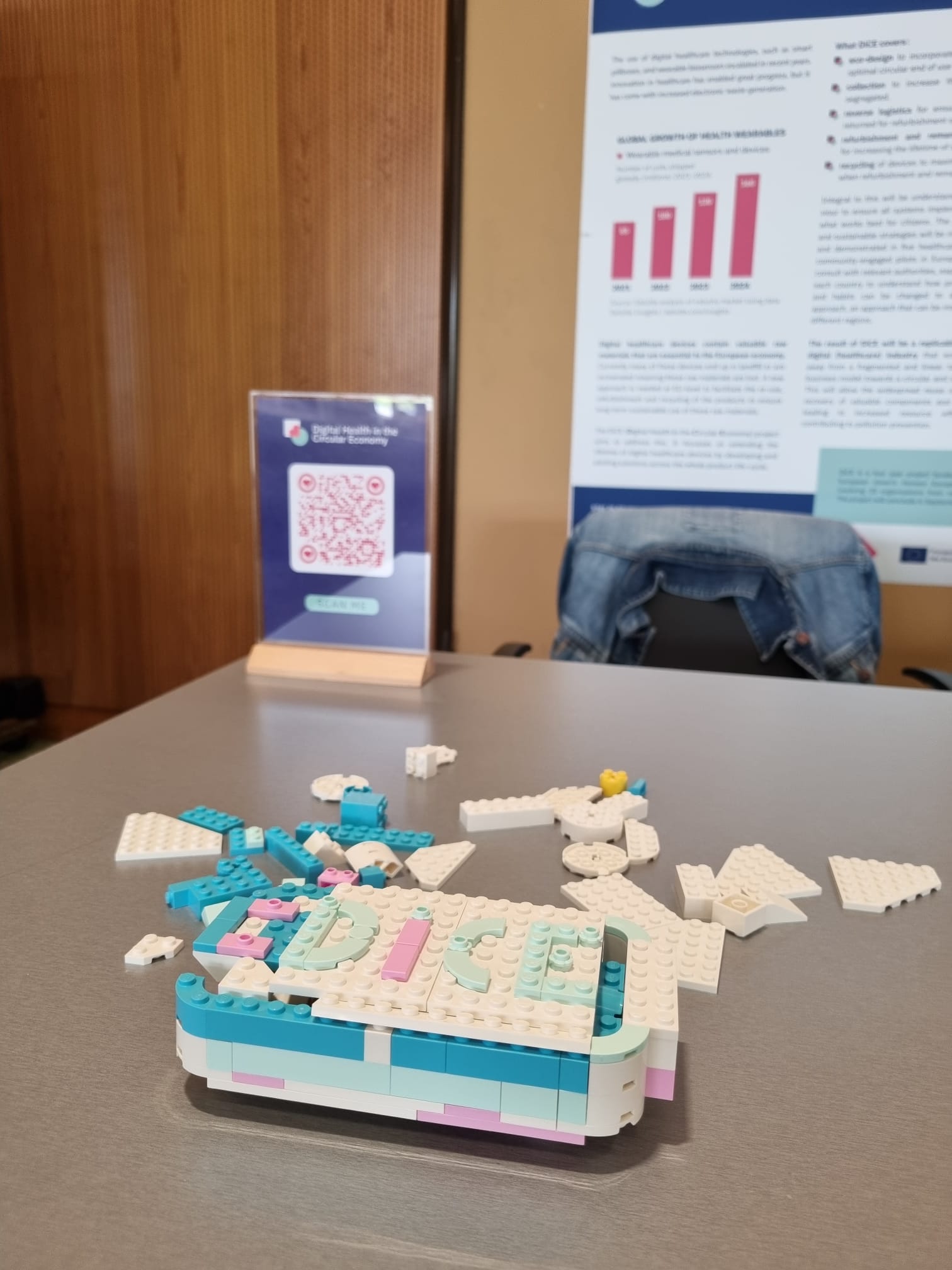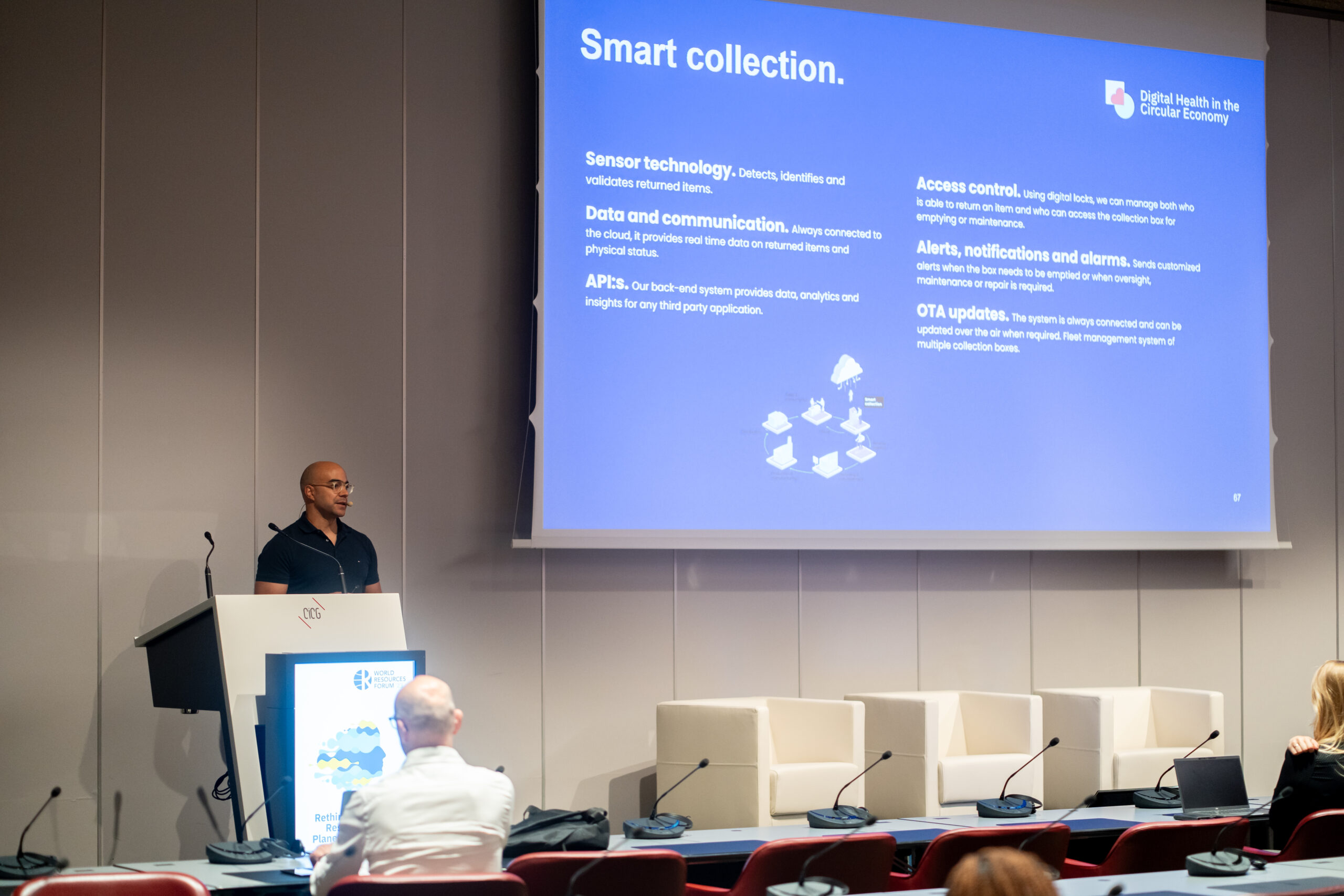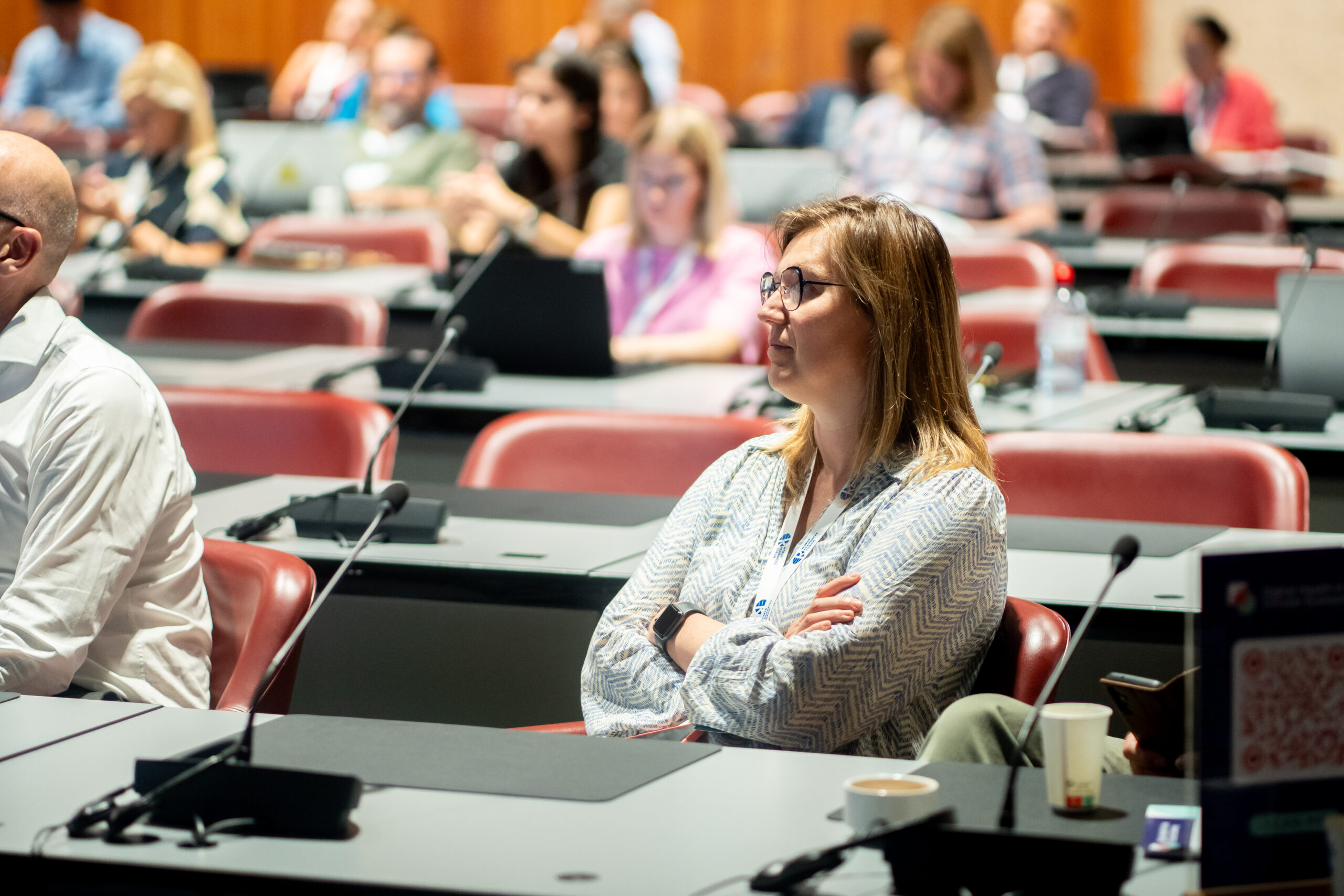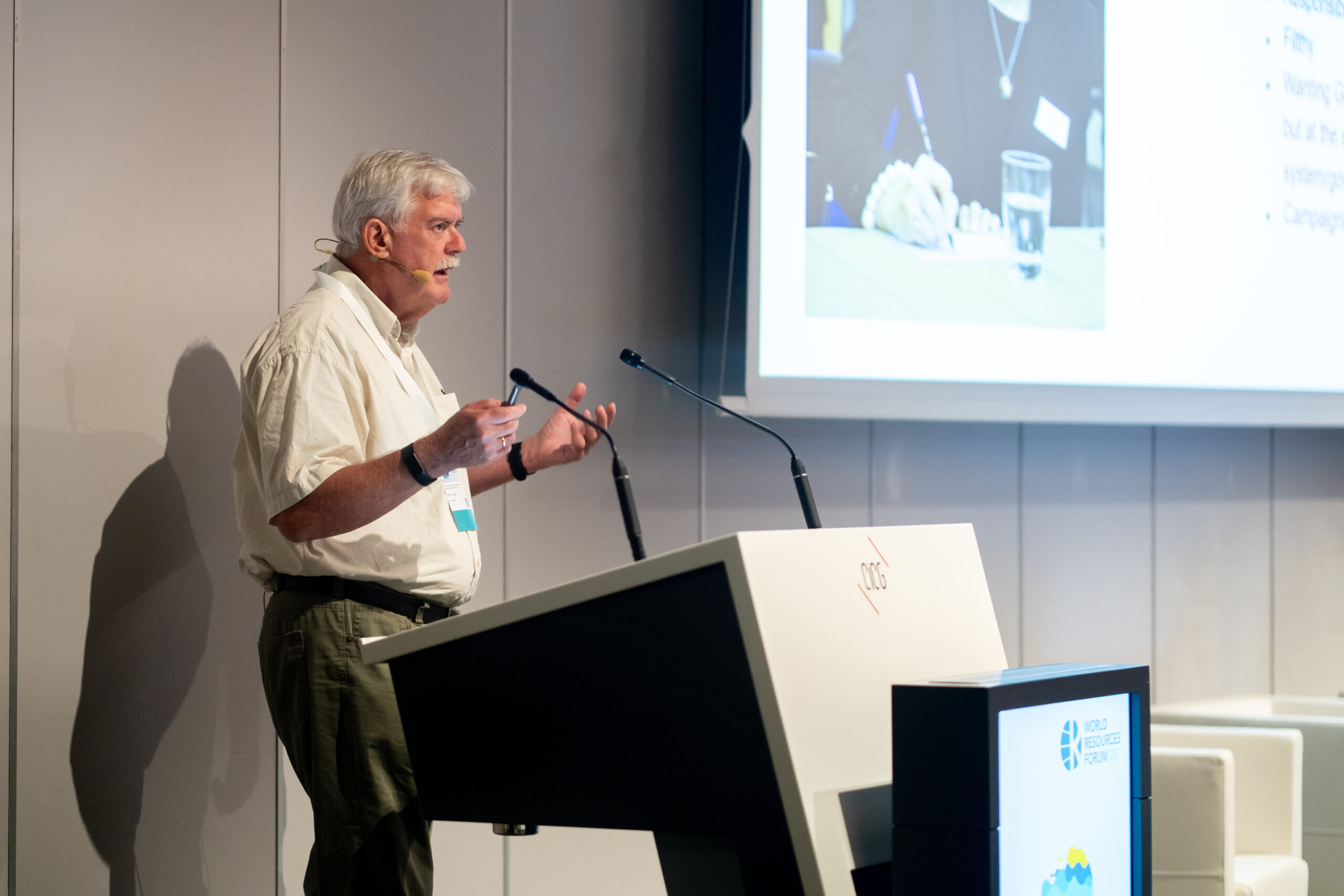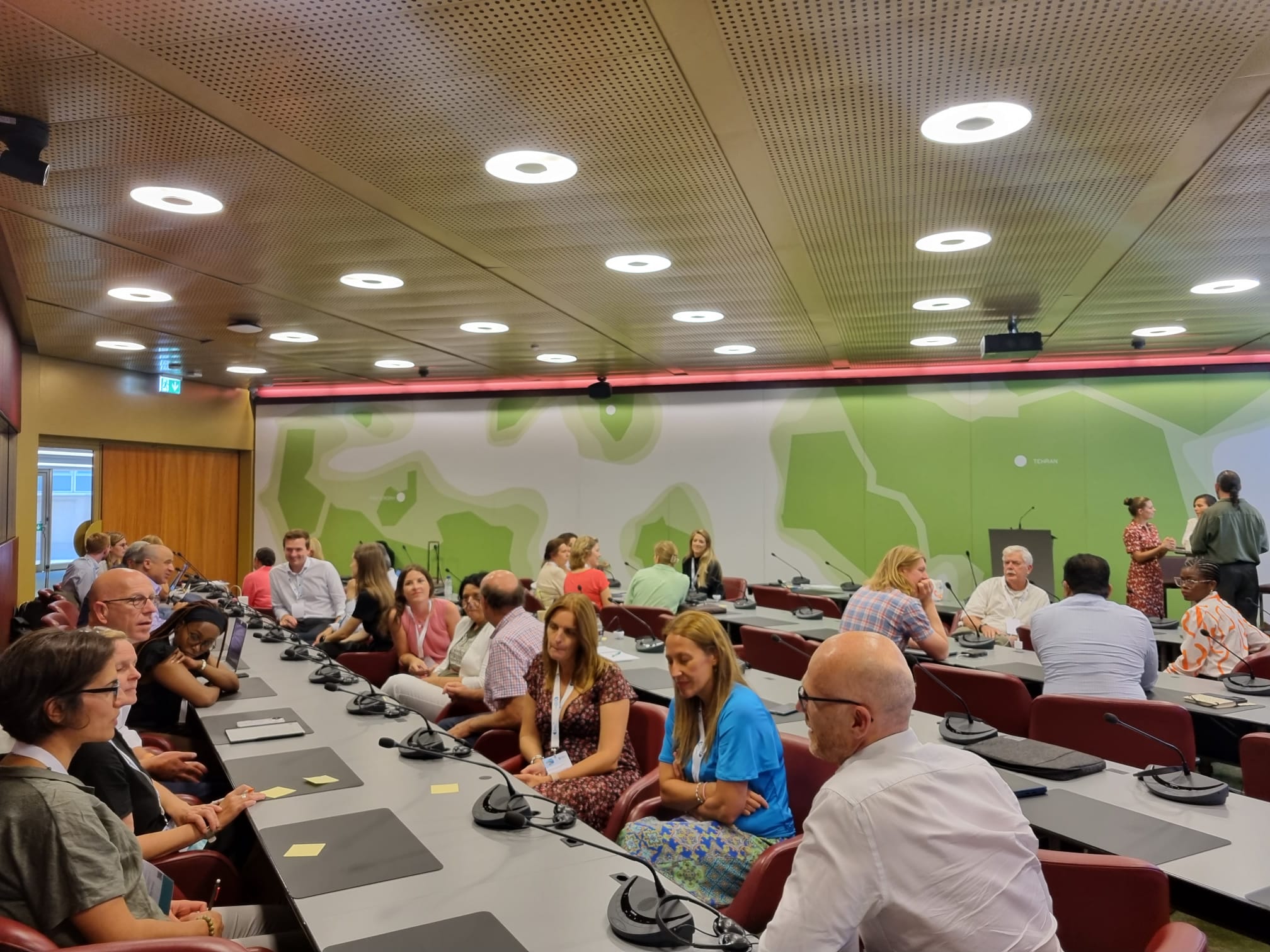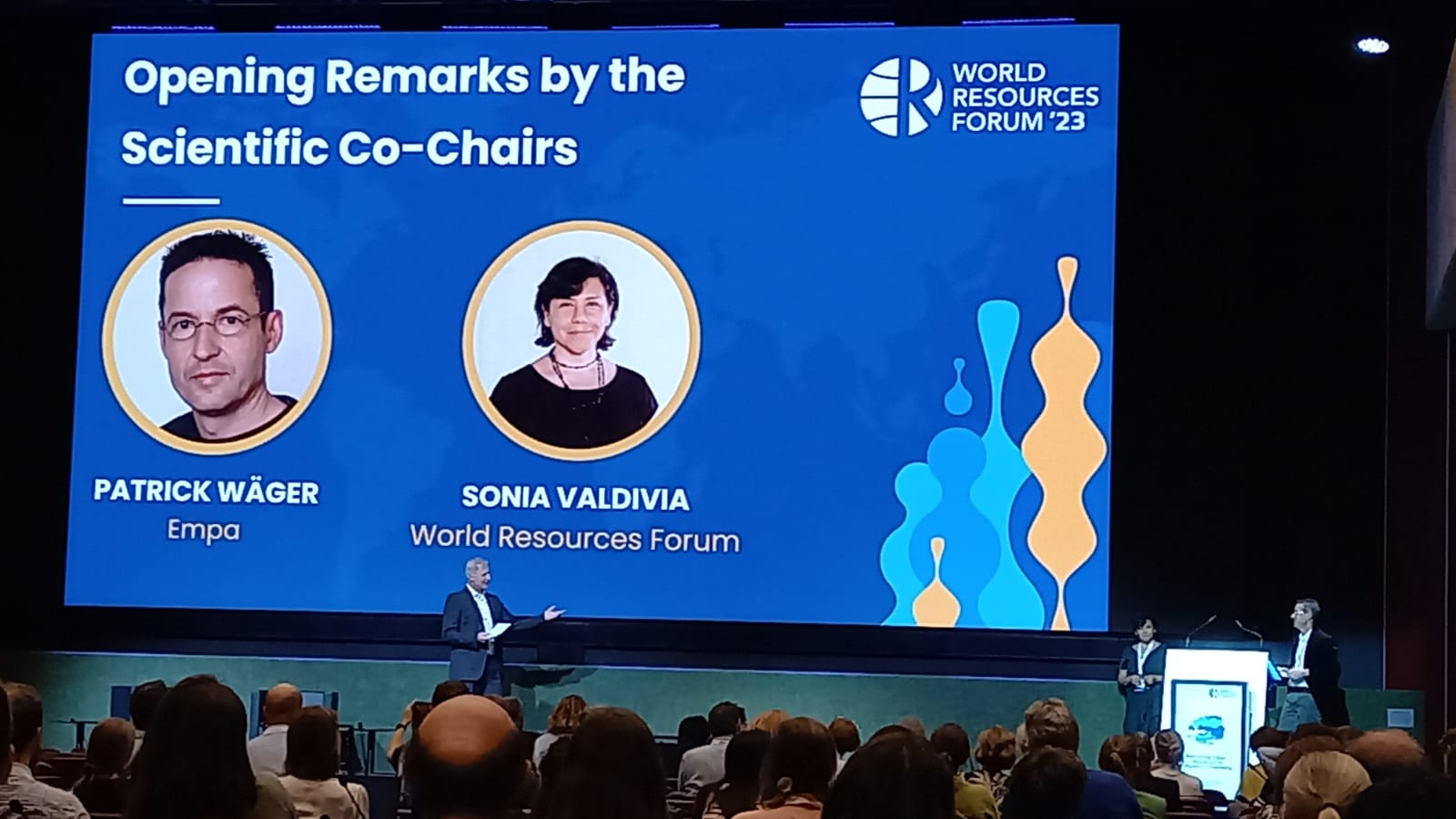Brought to you by Elisa Sáez and Mª José Hernández from the INTRAS Foundation
An increasing number of digital health devices are making their way into households, providing easy access to socio-health electronic products for everybody. To ensure proper reuse, renewal, remanufacturing, and recycling of these devices, it is crucial to motivate end users and implement effective push strategies and reverse logistics systems to maximise the return rates of digital devices.
Small scale pilots
Following the Sustain-a-thon sessions, design sprints and co-creation sessions last year, the first small-scale pilots have been launched in 2024 to define different motivational strategies based on the valuable feedback collected since the beginning of the project.
In this phase of the DiCE project, Games for Health designed four motivational and inspirational strategies for the electronic pillbox, derived from the ideas that emerged in the previous stages of the project with the aim of encouraging people to return these health and social care devices.
The pilots were carried out between April and June at several participating Living Labs in Belgium (LiCalab – Living & Care lab), Spain (MindLab – Intras living lab) and Slovenia (Living Lab ORbITaLA – RDAPM).
Each round lasted for about a week and a total of four families participated in every country. In these small-scale pilots, participants were able to express their opinions in three phases by:
- Verbalising their first impressions when they received the prototypes.
- Keeping an activity diary for four days while using the prototypes.
- Participating to an interview with the entire family to provide comments on satisfaction, possible improvements, modification and much more.
Based on the feedback obtained in the first round of pilots in April, the designs were further refined for the second round in June.
During this second round, two more families were able to freely express their opinions, following the same steps as in the previous round, but with the modified designs.
Large scale pilots
Our sustainability sessions, design sprints, co-creation sessions, and small-scale pilots have helped identify the designs and strategies that best motivate people to recover digital devices, as well as the locations they find most convenient for returning them.
All of this has been done with the needs and preferences of end users in mind, in preparation for the large confirmatory pilot planned for January 2025, which aims to evaluate the entire circular system under real-life conditions.

